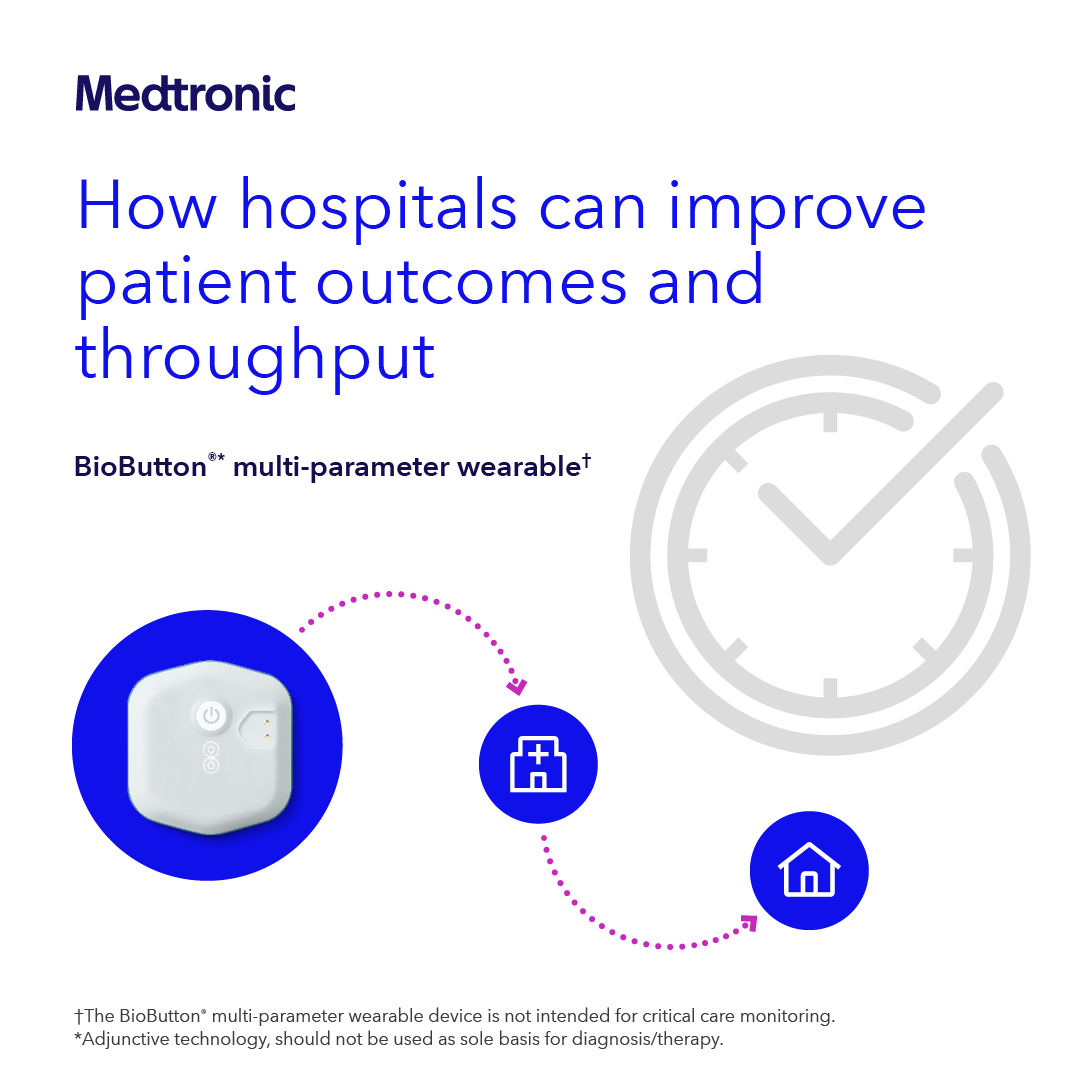Nurse Leaders Attributes I Want to Emulate and Why

Then, of course, the complete opposite is how did this nurse ever get chosen to be a nurse leader.
Throughout my nursing career, there have been many different types of leaders I have worked with. Some leaders stand out more than others. I have often pondered, is this a born trait, or can it be learned? What can I do to be a better leader?
I have learned that being a leader is a learned skill with experience and education. As a medical-surgical nurse, no matter your current nurse role, we are all leaders at some level the minute we obtain our nursing license.
If we are all leaders on some level, what makes a great leader? What are the attributes we should all want to emulate, learn, and embrace?
Throughout my life and career, depending on what nursing role, I have had various leaders and different leadership styles to learn from, most of them good examples.
I hope to share with you the best attributes from past or current leaders. This list is not all-inclusive, but I found a few leadership traits that are extremely important for leaders to have.
The first leadership attribute is someone that can build relationships by treating each person with kindness and respect. Maya Angelou stated, "They may forget your name, but they will never forget how you made them feel."
Leaders can create these relationships by expressing confidence in their team, recognizing accomplishments individually and as a team by celebrating successes. When issues arise, they give people the benefit of the doubt, discuss the issue, help them learn from it, but in a kind way hold them accountable.
Excellent communication skills are an important attribute for nurse leaders to emulate and learn. I have learned from great leaders that it is important to communicate twice as much as you think to your teams. A great leader is a good listener and acknowledges issues openly, honestly, and objectively.
When they communicate, they treat people fairly by focusing on the task or issue versus focusing on the emotion accompanying them. They are willing to ask for help and offer help when needed. With good communication, leaders gain the trust of their teams, so when they communicate to their team, they know the leader is not asking anything they wouldn't do themselves and will support them to accomplish the tasks.
One leader I had was gifted in articulating her ideas and needs depending on her audience. She was an excellent motivator for the nursing staff. She was able to be inspirational at the organization's leadership level to demonstrate the nursing resources needed to provide safe and quality care.
That leads me to the following attribute, lead by example and not just by words. Leading a team implies you are willing to do things that most people find challenging to do.
The advice I have once heard from a leader was to never go into a leadership role just because it's a leadership role. You need to think about the people you will be working with, be willing to work beside them and really believe in these individuals if you will lead them.
Another attribute of a leader is that they provide excellent service by looking for opportunities to grow personally and professionally to improve their job and leadership performance.
As leaders seek to learn and grow, they can bring that excitement of new knowledge and growth to their teams by providing opportunities to help individuals and groups grow.
Great leaders encourage professional development by being certified themselves and encouraging others to become certified, gain additional education by obtaining advanced degrees, join and volunteer for nurse specialty organizations, and participate in shared governance if available in your organization.
I started my AMSN volunteer journey due to a nurse leader supporting and encouraging me. They pushed me to start a local AMSN chapter and create study groups to support many of my medical-surgical nurse colleagues to become certified as a certified medical surgical registered nurse (CMSRN).
An engaging leader will take the time to learn everyone's name and a little about everyone they lead to understand what is important to them. I have noticed these team members with this type of leader are more willing to help and support their leader because they know their leader endorses them.
Nurse leaders should be knowledgeable and problem solvers that include their team members to help find solutions versus the top-down approach or mentality. They are open to share their experience and give feedback but encourage autonomy among those they lead.
This type of environment helps individuals learn how to be highly resilient and are more likely to adopt changes or help create solutions after setbacks at work rather than leave the organization.
Every leader does not have to have the title of nurse leader to make a difference. Several of my leadership influences have been from informal leaders, those not in a leadership title but an informal leader among their peers.
Informal leaders are self-motivated and take initiative, can handle an important task, assist others to do the same, and encourage and help others develop self-confidence.
I have seen some final attributes make great nurse leaders individuals with emotional intelligence, integrity, critical thinking, and reasoning, use professional socialization, mentor others, and are role models.
No matter where you are in your leadership journey, I think this quote sums up the goal of a great nurse leader by John Maxwell. "Leadership is not about titles, positions, or flowcharts. It is about one life influencing another."



